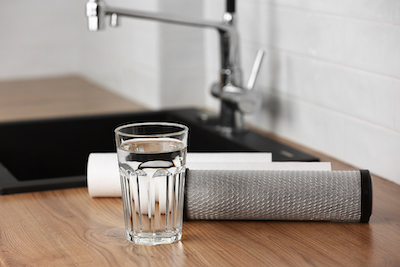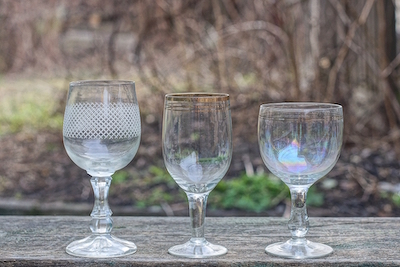Water is essential for human survival and wellbeing. The human body is made up of approximately 60% water, and it plays a critical role in many bodily functions, such as digestion, metabolism, and regulating body temperature. However, not all water is created equal. In this article, we will explore the benefits of drinking filtered water versus drinking tap water.
Tap water is water that comes directly from the tap, and it is treated to remove contaminants and bacteria. However, the process of treating tap water can leave behind chemicals such as chlorine and fluoride. Additionally, some municipalities may have old pipes that contain lead or other harmful substances that can seep into the water.
On the other hand, filtered water is water that has gone through an additional filtration process to remove impurities, chemicals, and bacteria. There are several different types of water filters available, including activated carbon filters, reverse osmosis filters, and UV filters. Each of these filters has unique benefits and can effectively remove different types of contaminants from water.
So, what are the benefits of drinking filtered water versus drinking tap water? Let’s take a look.
- Improved taste and odor
One of the most significant benefits of drinking filtered water is the improved taste and odor. Tap water can sometimes have an unpleasant taste and odor due to the chemicals and minerals present in it. Filtration removes these impurities, resulting in a fresher, cleaner taste.
- Reduction in harmful chemicals
Another benefit of drinking filtered water is the reduction in harmful chemicals. Some of the chemicals present in tap water, such as chlorine and fluoride, can have adverse effects on the human body when consumed in large quantities. Filtering the water can reduce or remove these chemicals, making the water safer to drink.
- Removal of bacteria and viruses
In addition to chemicals, tap water can also contain harmful bacteria and viruses. While the treatment process removes most of these contaminants, there is still a risk of contamination. Filtration can effectively remove these microorganisms, making the water safer to drink.
- Environmentally friendly
Drinking filtered water is also more environmentally friendly than drinking bottled water. Bottled water requires the production and transportation of plastic bottles, which can have a significant impact on the environment. Filtered water, on the other hand, can be obtained directly from the tap, reducing the need for bottled water.
- Cost-effective
Filtered water is also cost-effective when compared to bottled water. While the initial cost of a water filter can be significant, it is a one-time investment that can save money in the long run. Bottled water, on the other hand, requires ongoing purchases, which can add up over time.
- Health benefits
Finally, drinking filtered water can have numerous health benefits. Removing harmful chemicals, bacteria, and viruses can reduce the risk of illnesses and diseases. Additionally, drinking plenty of water can improve digestion, promote healthy skin, and aid in weight loss.
In conclusion, drinking filtered water is an excellent choice for those who want to ensure the quality and safety of the water they consume. While tap water is generally safe to drink, filtration can remove harmful chemicals, bacteria, and viruses, resulting in a fresher, cleaner taste. Additionally, filtered water is more environmentally friendly and cost-effective than bottled water, and it has numerous health benefits. With the numerous water filtration options available, there is a filter that can meet the unique needs of any household or individual.














